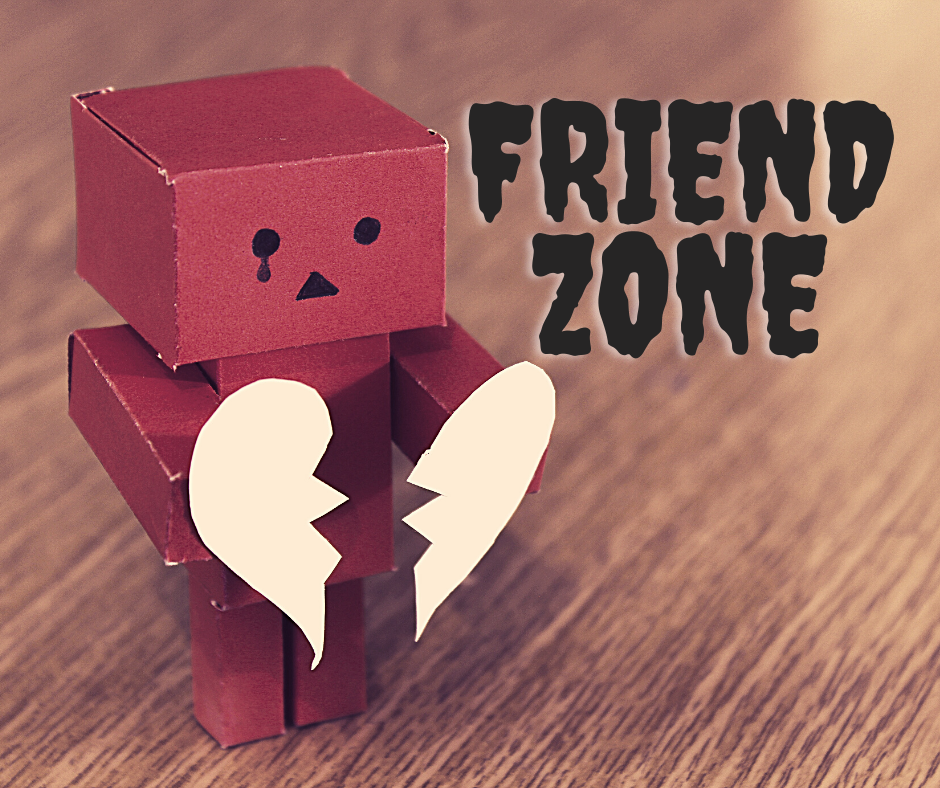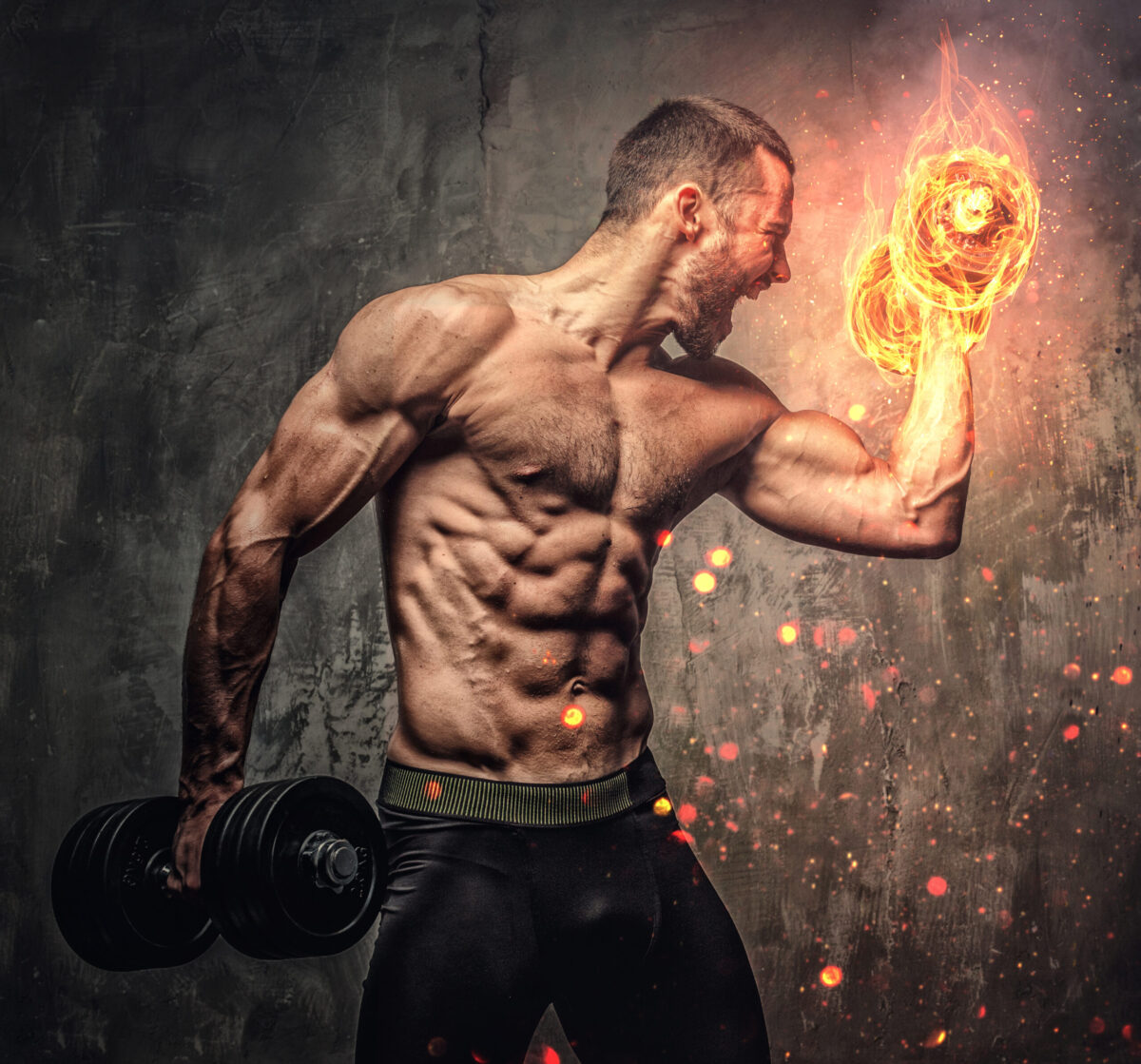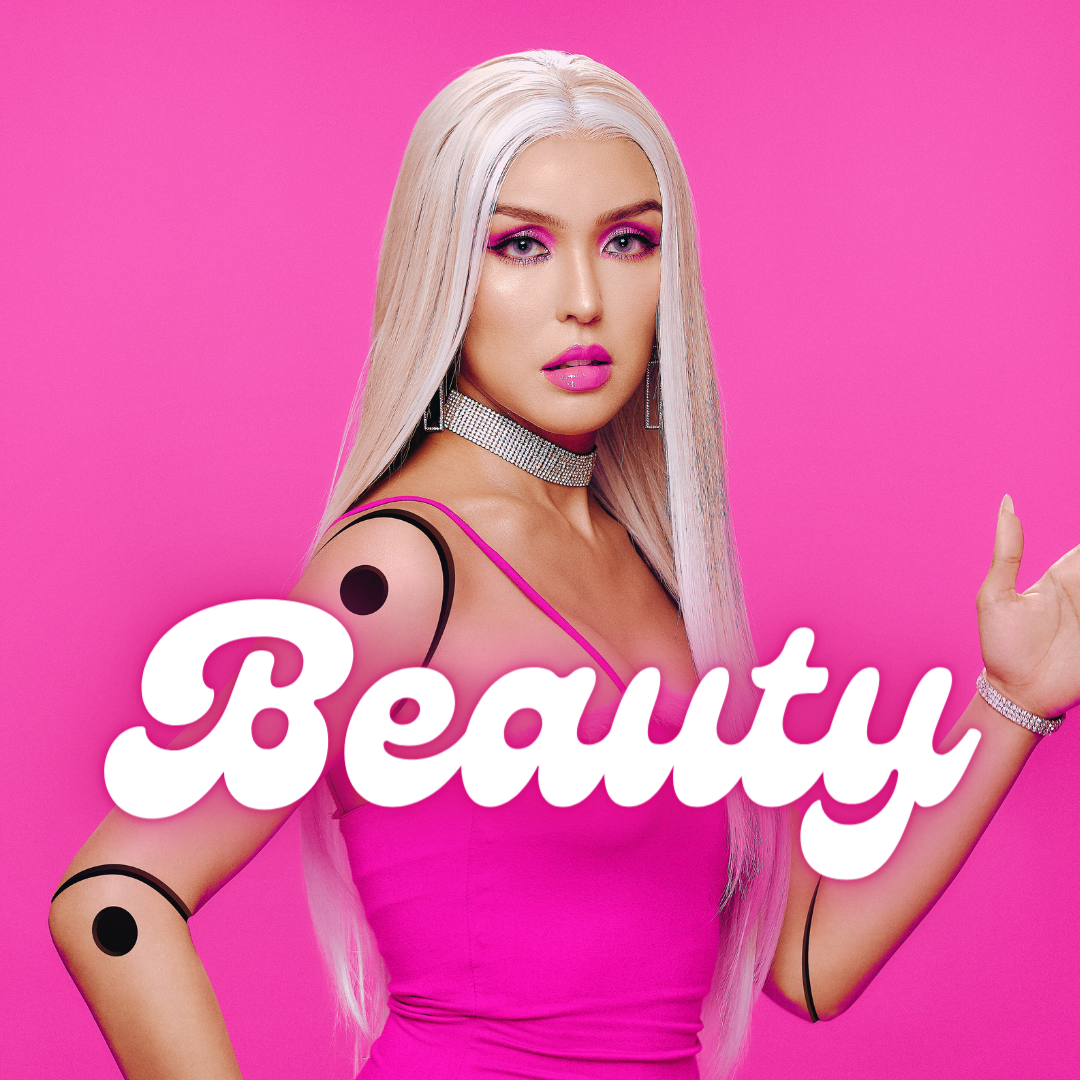I made a video a while ago where, at the beginning, I mentioned that teenage boys can be somewhat scary and intimidating to women. A lot of people were outraged in the comments—why was I saying that? What did I mean? I explained:
“Teenage boys go through a phase where they need to prove their masculinity to one another and to the outside world. It becomes a performance, a spectacle, and unfortunately, this often translates not just into shouting loudly and swearing but also into harshness—because that’s what patriarchy has taught them. That sweetness and kindness are signs of feminine behavior and weakness, things to be avoided at all costs.”
In the introduction of my book, Who Women Want, I say that not all women want the same thing—because women are people. They are not bees with a hive mind.
The closest thing to a hive mind isn’t found in women but in boys growing into men. Not because boys are less intelligent or because they are simple creatures—none of that nonsense, don’t worry.
It’s because of the man-box. These characteristics that become the “masculinity meter,” the standard by which boys measure and evaluate one another, and anyone who deviates is pushed to the margins. That’s why breaking the cycle of stereotypical masculinity is so difficult—because of fear. Boys are constantly weighing and testing one another in a relentless effort to prove they are “man enough,” so they don’t fall in the hierarchy and risk being ostracized. Keep that word in mind.
Sophisticated, educated (or posh) types like us, who stand on the other side and fail to see the suffering of boys, who only see the shouting, the swearing, the bullying, and the behaviors we label as “toxic masculinity”, we bear responsibility.
We are the ones who use difficult words like ostracized and exclude them, and right when we talk about dismantling privilege, we flaunt it.
The anger toward difficult words reminded me of a play I watched last year that had me crying from start to finish: Another Thebes. It reminded me of a young man I once dated. We’d met online—our lives ran on parallel tracks, and we would never have crossed paths in real life. I called him The Bronx. I’d written about him:
“His vocabulary consists of about a hundred words. He’s uninterested in anything beyond his own life. He doesn’t read, gets bored even watching movies, and finds nothing enjoyable except women, motorcycles and food. We have absolutely nothing in common. He constantly insults me, belittles me, and sometimes it’s exhausting.
But I ignore it. I don’t know how I realized this, but I know he doesn’t mean any of it. And I don’t take it to heart, which even impresses me. It’s like he has to say these things, so I don’t think he’s ‘soft,’ so he appears strong in my eyes, to maintain some invisible, unknown standard that I can’t even fathom. He insults me and I tell him I want him. He replies with a hundred kisses, tells me he’s thinking of me, then insults me again—then says he wants to hold me tight.
He would get angry whenever I used difficult words—angry at me even though he was actually angry at himself.
One day, we had ordered pizza. We were sitting on the bed, and he was still eating. At that moment, I had let my guard down, and without thinking, I reached out and stroked his beard. It lasted a few seconds. He turned to look at me. Oh shit, I messed up, I thought—he’s going to have a go at me.
Instead, he said, ‘Irini, I have pizza, music, and you stroking my beard. It doesn’t get much better than this. I don’t know how I’ll ever get over it.’ And he didn’t say it sarcastically. But of course, right after that, he took it back and started insulting me again.”
Sometimes, you get a glimpse of the boy beneath the mask. Sometimes, they show it to you on purpose—because they know that you, the overly emotional woman, crave to see it. It’s precious to you, and you’ll do anything to protect it. So they show it to you in order to take advantage of you.
But sometimes, they can’t control it, and the mask falls. And beneath the man, there is the boy.
“Do you like me?”
That desperate need to be accepted and loved—a need that both men and women share. But men are only allowed to satisfy it through sex. The fact that they aren’t allowed anything else destroys them—because on some level, they know.
They see what they’re missing. They see the magical world of women, full of sharing, emotion, and touch that isn’t shameful. They see it through the glass, like The Little Match Girl, and they know it’s not for them.
A tenderness they can’t touch. And that makes them angry, but with a rage that has no clear target. They don’t know how to be angry at society, and they’re not yet capable of being angry at themselves. (That comes later—with addictions, gambling, substances and other self-sabotage and self-destructive habits).
So they get angry, because anger is the only negative emotion men are allowed to express. But beneath the tip of the iceberg, it’s not anger. It’s sadness. It’s grief. It’s the pain of losing something they never had, but could have had, if only they weren’t required to be men.
And when women deny them sex, the only form of intimacy they’re allowed to seek, that makes them even angrier. A rage that terrifies women, forcing them to live in fear. And so they get angry too. They insult men—all men—because they want to stop fearing them. And men, in turn, get even angrier, hating the women who reject them because they fear them. Many find comfort in the arms of the manosphere.
Even when they’re in relationships, many men only get a fleeting glimpse, just a sliver, of what true freedom could feel like. The freedom to not constantly fear your own shadow in a world that judges you by how masculine you appear to be. The freedom to be accepted as you are, to be told you are enough. A mere idea of what love might feel like. But that light and brilliance scare them because they’ve spent their whole lives in the dark.
They become avoidant. The tenderness of staying is unbearable. Just as they get close, they pull away again. The light is not for them. They prefer to keep a safe distance, wearing loneliness as armor, fortified in their stronghold of self-sufficiency and autonomy. This is the prison of masculinity—even within a relationship, even within a marriage.
I’ll bring money home and protect you (from whom?), and you’ll have food ready, sex available, a clean house, and care for me when I need it. Closeness and connection, in moderation, because it is blindingly terrifying.
And women are left with bitterness, which is a mixture of pain and shame. The bitterness of an overflowing river of tenderness that has nowhere to go because the one it’s meant for refuses to receive it, except as home care or emotional labor. Tenderness that freezes and hardens instead of flowing from its spring.
The light is not for them—unless they were lucky enough to have parents who had all the colors on their palette and the willingness and ability to paint outside the lines. The invisible privilege that becomes a kaleidoscope. Parents who were emotionally present. Parents who were intentionally boring. Parents who were generous givers, both in words and actions, of love and attention, love for who you are, not for what you achieve or accomplish. Predictably, consistently, unwaveringly.
Except for the rare few who managed to do it alone, even with parents in the grey. The greatest challenge is transcending masculinity itself. It’s what we beg men to do, but they won’t do it just because we beg. No matter how much we beg. It’s a singularity—a space-time anomaly. They need the right stimuli at the right moment, repeatedly, aligned with a sequence of experiences that slowly confirm an initially vague and unformed idea: Maybe something in the world we know isn’t quite right.
And once the singularity occurs, it takes effort—an effort few are willing to make. It takes curiosity. It takes time. It takes energy. But above all, it takes what we hear in therapy: lean into the uncomfortable. To lean in and sit with discomfort. Until it becomes familiar. Because new ideas and beliefs can be uncomfortable at first—like new shoes. You have to try them on, walk in them, break them in until they become part of you, fitting you perfectly, until you never look back. Not just because you chose them, but because if you ever try to wear the old ones again, you wonder how you ever endured the rotten soles and the holes that let water seep in.
“How did you feel when your father looked at you with shame?”
We talk about the male gaze toward women, but not about the male gaze toward men. The gaze that measures and evaluates. Are you man enough? And so many boys, so many men, feel ashamed of the male gaze upon them—because it finds them lacking, because ithe man they look up to is ashamed of them.
Shame—not for something they did, but for who they are.
“I don’t deserve hot chocolate; I shouted”
I don’t deserve that much grace. I don’t deserve that much kindness. I don’t deserve love for who I am because I am not good enough. Something inside me—or about me—excludes me from the privilege of being loved for who I am. Something, sometime, made me believe this. And I will carry it all my life, and so will those who come close to me. And if I don’t let it go, it will define me until I die. Or until I destroy another life.
“We have to accept that we could have done more.”
From this story, you will remember the boy. But you must also remember the father. He was as good as he could be, but he should have been better. How could he be better with the father he had? I don’t know. I do know that masculinity is a generational issue—and a social one.
We should have done more. Who? All of us.
Parents must be present. Teenagers must question their parents, they must stop seeing them as gods and recognize them as flawed human beings. And parents must accept this loss and step back, slowly, carefully, with a steady love and unspoken safety nets. Because only then can children move forward and surpass them.
The debt is not to the past but to the future.
The debt is to the next generation. But what do you do when the next generation moves backward instead of forward? When it rediscovers lies we thought we had left behind, repackaging them in new, shinier package, this time not in books no one will read, but in short-form videos with millions of views. Coated in baby oil on the arms of alpha male influencers on TikTok.
We were not prepared for this.
Parenting is the hardest job in the world, yet everyone is doomed to do it as an amateur. Clumsy, awkward, imperfect—at best. Or much, much worse. No matter how many resources, books, and mental health professionals exist, there will always be a gap in understanding. The world of teenagers will always be a mystery to the world of adults.
We were not prepared for the fact that while a child sits quietly in their room, staring at a screen, their life might slowly be unraveling. Invisibly. Silently. And boys have been taught not to ask for help. Why? Because they have to be men.
We should have done more. Who? Everyone. Children are not raised by their parents alone. They are not raised in a bubble or a greenhouse. Every child is shaped by every classmate and, therefore, by every parent at school. They are shaped by everything they see or read. By every celebrity who becomes a role model. By social media. By pornography. Every child is raised by society. We all take part in raising them. We need to do more.


















